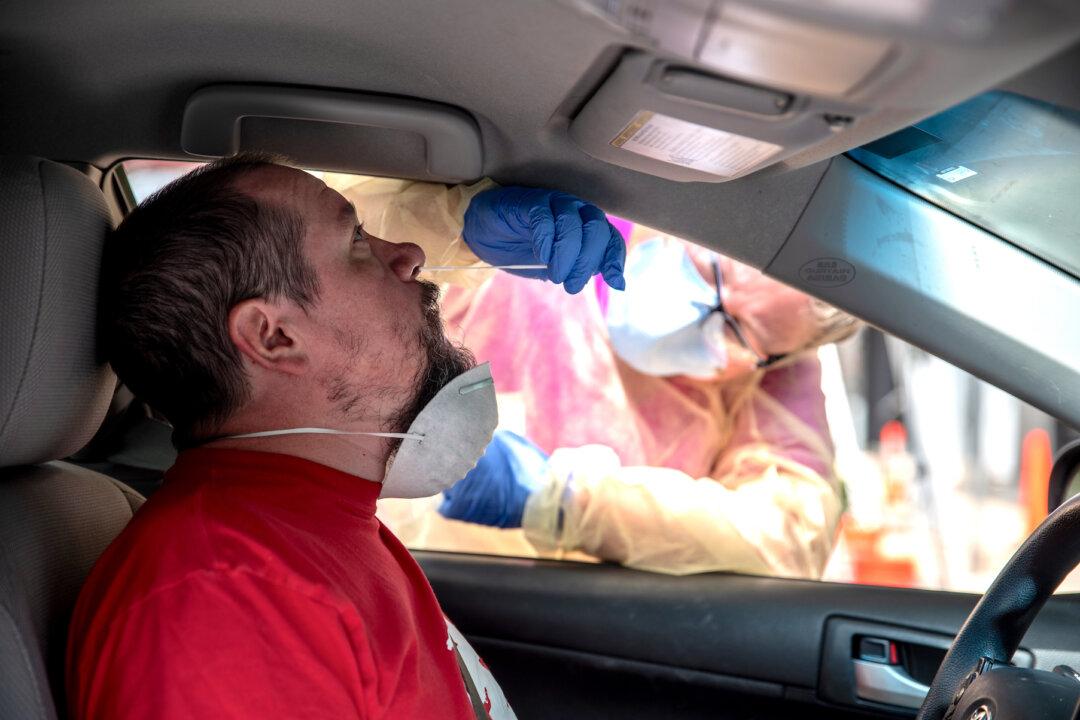Amazon pulled the documentary film “Vaxxed: From Cover-up to Catastrophe” from its streaming services on March 2, in the most recent of several moves that restrict the public’s access to content that questions the safety of vaccines.
According to CNN, Amazon also made unavailable two other films: “We Don’t Vaccinate!” and “Shoot ‘Em Up: The Truth About Vaccines.”





